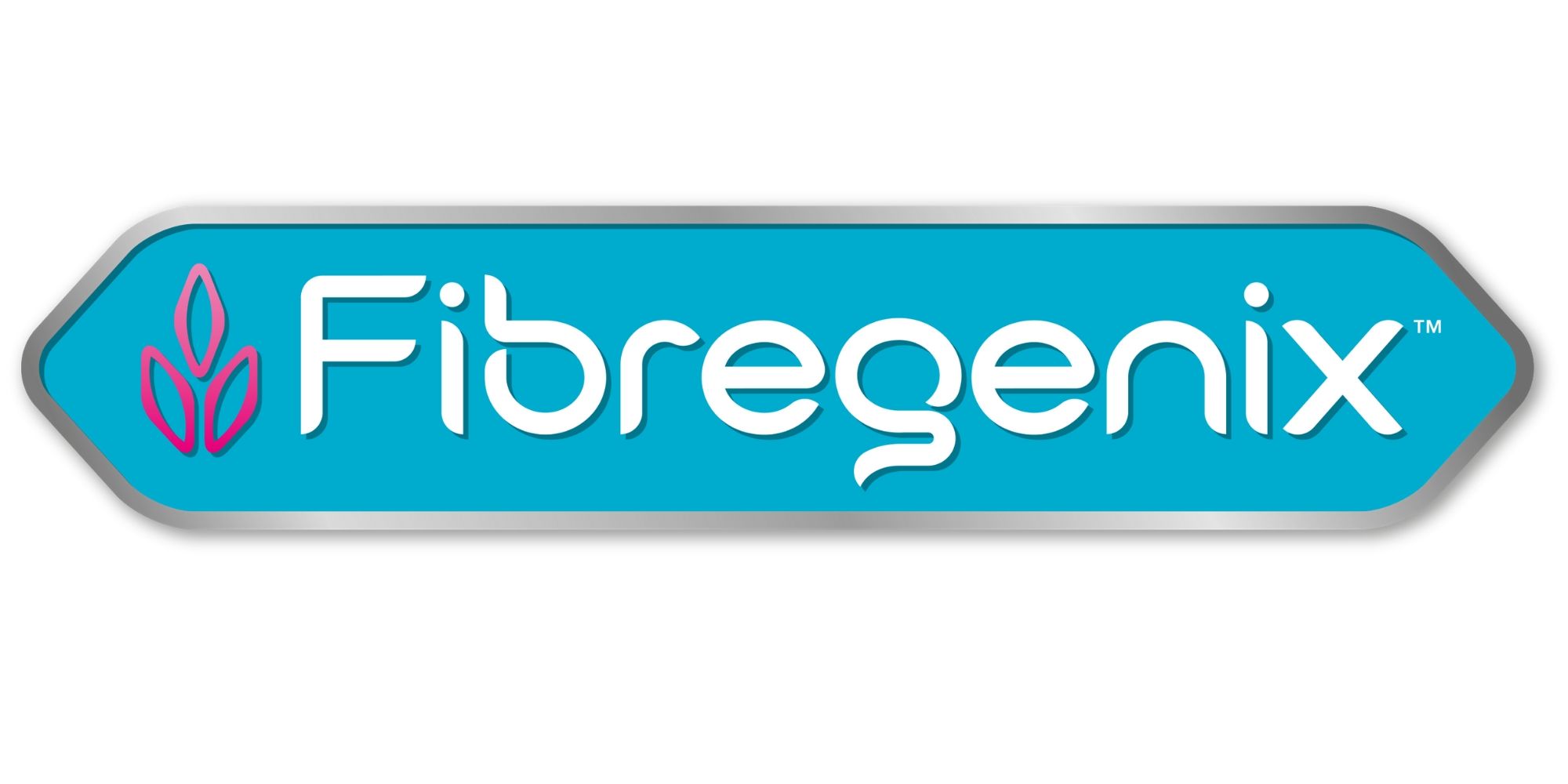
Chloe Goodwin 1* eventer on Platinum Pro
How to feed for weight gain in the Competition horse
Avoiding the ‘heating up’ affect when feeding for weight gain is something many competition horse owners struggle with. Some horses are naturally ‘good doers’ but others can struggle to maintain condition no matter what you feed them.
The first thing to rule out with poor condition issues is whether there are contributing factors such as stomach ulcers. Unfortunately, ulcers will always disrupt any weight gain feeding programme so need treating and preventing with ongoing dietary management.
A Healthy Process
Weight gain should always be a gradual process to be healthy. Therefore feeding every available ‘weight gain’ feed may speed up the process but long term won’t be good for health. Horses are routine animals and their digestive system isn’t suited to cope with rapid changes. So any changes or increases to your horse’s diet should occur over a period of at least a couple of weeks.
Monitor the number of calories he consumes, not necessarily the amount being eaten. Ideally, the horse needs 2% of bodyweight in dry matter per day for gut health. However, that 2% could potentially include feeding higher calorie feedstuffs or simply increasing the digestibility of the current feed ration.
High oil/fat feeds
This is an easy way to increase calorie intake when feeding for weight gain in the competition horse or pony.
FACT: Fats contain 2.25 times more energy than carbohydrates making them a concentrated but ‘cool’ energy source.
Fats are ‘slow release’ energy sources. Unlike high starch feeds they won’t rapidly increase your horse’s blood sugar which can lead to fizzy behaviour. High fat feeds such as linseed and sunflower found in Fibregenix feed balancer supplements can provide an ideal boost in calories.
Essential Fatty Acids
Oils are also key in supplying the essential fatty acids Omega-3 and Omega-6. These contain beneficial anti-inflammatory properties and help support immune function as well as providing energy. All oils contain the same amount of energy but it’s their ratio of Omega-3 to Omega-6 which separates them.
Oil Tolerances
It’s important to remember that any changes whatsoever to the diet should be made gradually over a 1-2 week period. In fact, some horses may have less tolerance to increased levels of oil in the diet than others. For example, ponies and donkeys have a lower tolerance for high levels of oils.
Crucially, horses have small stomachs so smaller, nutrient dense, regular feeds are more beneficial than 2 large meals a day.
The role of digestive aids when feeding for weight gain in competition horses.
Probiotics & Nucleotides
High potency live yeast probiotics are a great way to help increase your horse’s condition. Some can help improve fibre digestion by up to 100%. This enables your horse to get twice as many calories out of the same amount of fibre.
A high quality probiotic helps support gut health enabling your horse to efficiently absorb nutrients essential for optimal health. Fibregenix Prime Original and Fibregenix Platinum Pro are formulated with the highest quality equine approved live yeast probiotic. We’ve combined it with nucleotides in our Digestive Enhancer pack. It helps improve fibre digestion which in turn helps increase your horse’s condition without needing to increase the feed intake. Besides this, it also helps to keep your feed bill low.
Patience is a virtue when feeding for weight gain.
Weight gain is not always a simple science. It’s important to be patient when it comes to increasing condition as changes can take up to 8 weeks. However, the specific digestive enhancers in a Fibregenix feed balancer can help speed up the process. Many of our customers report a difference in as little as 2-3 weeks.
Suggested diet for weight gain for an 8 year old competition horse in medium work weighing 500kg*
- 500g Fibregenix Prime Original
- 2kg chaff or up to 1kg beet pulp
- Cold pressed Linseed Oil (as per manufacturer’s recommended amount)
- Ad lib quality hay or haylage
- If there are no ulcers, there’s the option to add either oats or micronized barley. This would be at appropriate levels for the work being done. Ideally, feed no more than 100g per 100kg of bodyweight of starch per meal. This avoids starch overload in the digestive system.
- TIP: Avoid starch meals for horses with ulcers. Provide energy from fats/oils, legumes eg lupins and increased quality fibre.
*split between 2-3 feeds daily. Please note a minimum of 2% of total dry feed of your horses’ bodyweight should be fed daily. That’s 10kg for a 500kg horse.
Reviewed and updated April 2021
